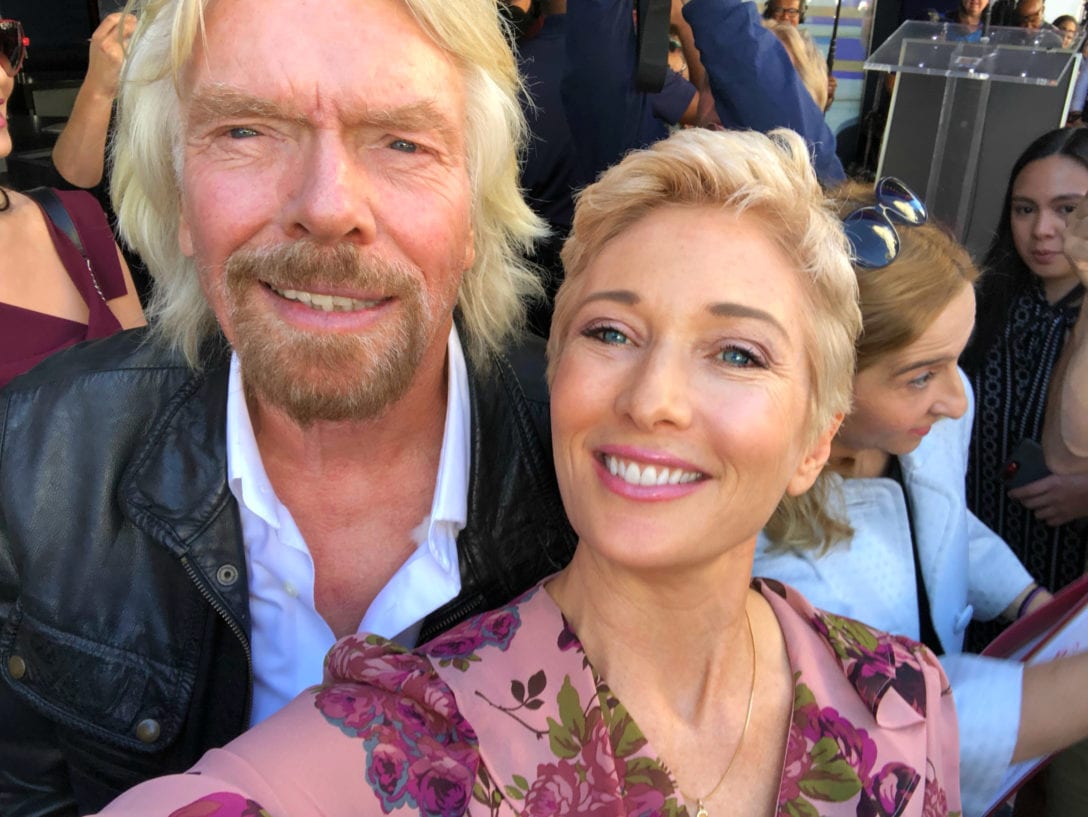Relationships are complicated. That’s why navigating the nuance of a budding romance is an important skill to develop. It takes attentive listening, open communication, honest engagement, and careful consideration of favors, gifts, and financial entanglement. In fact, lending money is a dead end street for romance.
“As a relationship expert, I have witnessed and heard thousands of romantic accounts. The ones that never seem to have a happy ending involve lending money,” says Kelleher International CEO Amber Kelleher-Andrews.
When you care deeply for someone, and they find themselves in a financial bind the instinct is to lend a hand. “I do think there are a few instances when it’s okay to loan a love interest money – health-related needs, dire emergencies, and charitable contributions come to mind. I believe that your love for each other can deepen when you lend a helping hand in these sorts of situations. But these requests are few and far between,” Amber continues.
Most appeals for financial aid can doom a new relationship. The requests for money that DO come up often that Kelleher International’s CEO believes you should stay clear of are loans for rent, bills, money-making schemes, quick returns on investments, paying someone back, and material purchases.
What do you do when faced with a financial request such as this?
Kelleher-Andrews’ advice is simple but challenging. “The best way to say no to a romantic interest is actually to say NO but do so with love and kindness. Make sure they know it’s not personal, but express it is your POLICY not to lend money.”
Rule #1 Have a policy not to lend money.
When it comes to the money talk, explanations can get you into trouble. Amber adds, “Don’t get into why you’ve set such a policy of not lending money. Doing so can open up pandora’s box. By exploring your reasoning, you set the stage for he/she to state their case as to why they are the exception to the rule. Avoid putting yourself in this awkward position.”
How do you keep the explanation short and sweet?
“My best advice is to say no and immediately change the subject,” Amber laughs. “It sounds juvenile, but it works. Skillfully change the direction of the ask by offering potential alternatives to how you might be of assistance.”
Rule #2 Have a policy always to help.
There are many ways to lend a helping hand that doesn’t involve your pocketbook. Kelleher-Andrews explains, “Usually when people need money, they also need advice on how to get out of a situation. When you care about someone, you won’t turn your back on them. Offer advice, suggestions, and contacts. Help them find ways to earn what they need, borrow the amount from a bank, or discover creative options to get the same results.”
Food for thought from Amber Kelleher-Andrews
Look at money and your new relationship as oil and vinegar – they stay in their respective bottles. Your money is the oil, and your partner’s finances are the vinegar. Until you are married, they don’t mix. After marriage, you can choose to combine your collective investments and contributions and make financial decisions as a team.
Do you have a situation where lending money created a wedge in your relationship? Share in the comments below and Kelleher International CEO Amber Kelleher-Andrews will share ideas for resolving the issue to protect your budding relationship. If you’re considering marriage explore our insight on prenuptial agreements.



